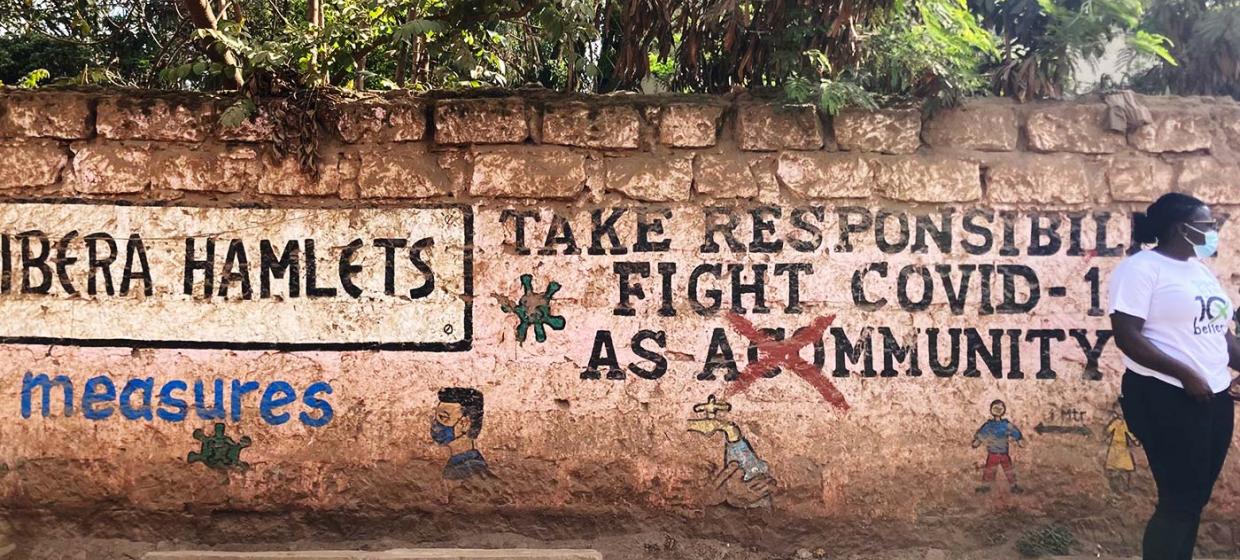Staying healthy is considered an ultimate goal for a sustainable life while healthcare is one of the most basic and fundamental needs of human beings. Across the globe, people enjoy various levels of health. At the same time, people suffer from different degrees of challenges to health and wellbeing. Social factors, such as socioeconomic status, education, neighbourhood and physical environment, and employment, determine our health and the possibility to access adequate health care. Global health matters, including these social factors and policies, affect our health and healthcare practice on a daily base.
Although Global Health has received much attention in academic work and practice, most discussions are based on Western-oriented knowledge. The knowledge often overlooks the experience of the rest of our world. Only the Asia Pacific region is home close to 60% of the world’s population and consists of countries with diverse health care, ecosystems, sophistication, and maturity. The substantial economic growth of Asia Pacific and other developing countries in the last decades has allowed the healthcare system to transform and evolve into a variety of practices.
While most populations in the world generally accept modern Western medicine as the treatment of mental and physical diseases, many individual members of our societies still rely on 'cultural healing practices' in everyday life. Throughout history, all cultures and societies have developed practices associated with beliefs and attitudes that support and cultivate individual well-being and social harmony. These practices and attitudes are part of our cultural heritage, shaping the relationship between people and with themselves. However, the importance of cultural healing and its dimension of the right balance with the self, society and the environment are often ignored or overlooked by researchers in the context of our poly-ethnic societies or states.
Can we learn from wisdom about health and well-being that has been practised from the novel experiences of the countries around the world or those reserved in diverse cultures?
Dr Cha-Hsuan Liu initiates a research network of ‘Global Health Matters’ with a group of researchers and healthcare professionals across borders. Their discussions on global health matters are being published as columns on IIAS blogs. Together with the network members, Dr Liu is working on the interpretation of knowledge of health and wellbeing and mapping the possibilities for research projects within the IIAS Cultural Heritages research theme. She is currently an associate professor and senior lecturer in public health, healthcare administration, education and youth, and migration/minority study at various international universities.
